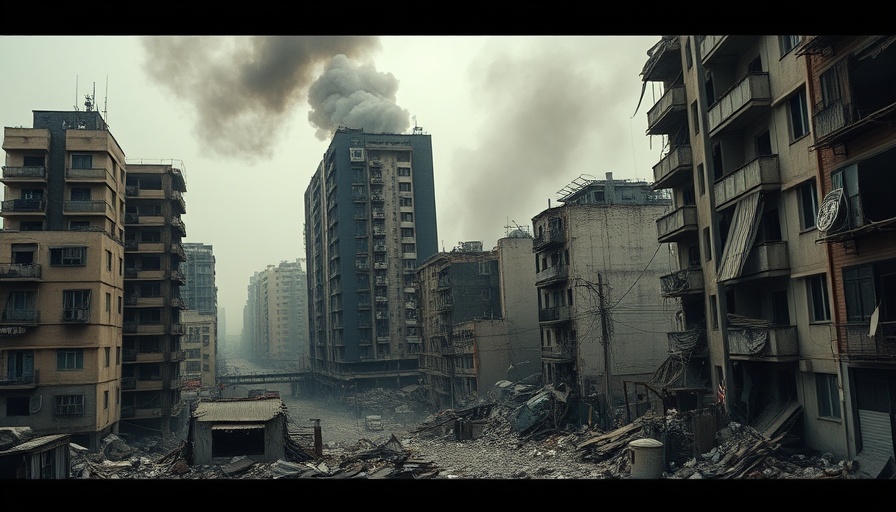
Understanding the Context: Hamas Commanders in Doha
The recent directive for Hamas commanders in Doha to surrender their weapons comes amid significant international pressure. Qatari mediators have been pivotal in facilitating discussions, seeking to bring a resolution to the ongoing Gaza conflict. This move by Qatar reflects not only a desire for stability in the region but aligns with Israel's demands for disarmament of Hamas leadership, which has been a sticking point in peace talks.
The Role of Qatari Mediation
Qatar has long positioned itself as a mediator in Middle Eastern conflicts, leveraging its unique relationship with both Hamas and Western nations. The current discussions highlight Qatar's balancing act between supporting Palestinian interests and appeasing international calls for disarmament. By urging senior Hamas figures to relinquish arms, Qatar potentially aims to stabilize the region and curb hostilities—an action that could impact Hamas’ operational capabilities significantly.
The International Implications
As global focus sharpens on the Israeli-Palestinian conflict, the United States, under President Trump, is pressuring all parties involved toward a comprehensive peace agreement. The decision to disarm Hamas could be seen as a step toward broader cooperation, aiming to reassure neighboring countries about their security. This action does not occur in a vacuum but is tied directly to geopolitics—which include responses to Iranian influence in the region.
Future Predictions: What Lies Ahead for Hamas?
If Hamas complies and disarms, we could witness a diminished capability for violent resistance, leading to potentially greater opportunities for diplomatic negotiations. On the contrary, a refusal could result in increased isolation from both regional allies and international powers. Moreover, this situation points to a critical juncture for the Palestinian leadership: aligning with popular support versus adapting to global political pressures.
The Humanitarian Perspective and Faith Dimension
For mission-minded individuals and social justice advocates, these developments bring forth deep ethical considerations. The humanitarian crisis in Gaza cannot be overlooked—disarming Hamas could lead to a shift in local governance, potentially opening pathways for more substantial aid and development projects. Moreover, Christians engaged in this landscape may find opportunities to champion peace and reconciliation efforts, leveraging faith as a force for healing amid chaos.
Conclusion: The Importance of Staying Informed
The unfolding events surrounding Hamas commanders and their arms reveal larger narratives in Middle Eastern politics. For those committed to advocating for peace and justice in the region, it is essential to remain informed. As developments continue, understanding the motivations behind these actions is critical for fostering effective dialogue and promoting positive change.
Join the conversation and explore how you can engage with the complexities facing the region, potentially becoming an advocate for humanitarian efforts and peaceful resolutions.
 Add Row
Add Row  Add
Add 








Write A Comment